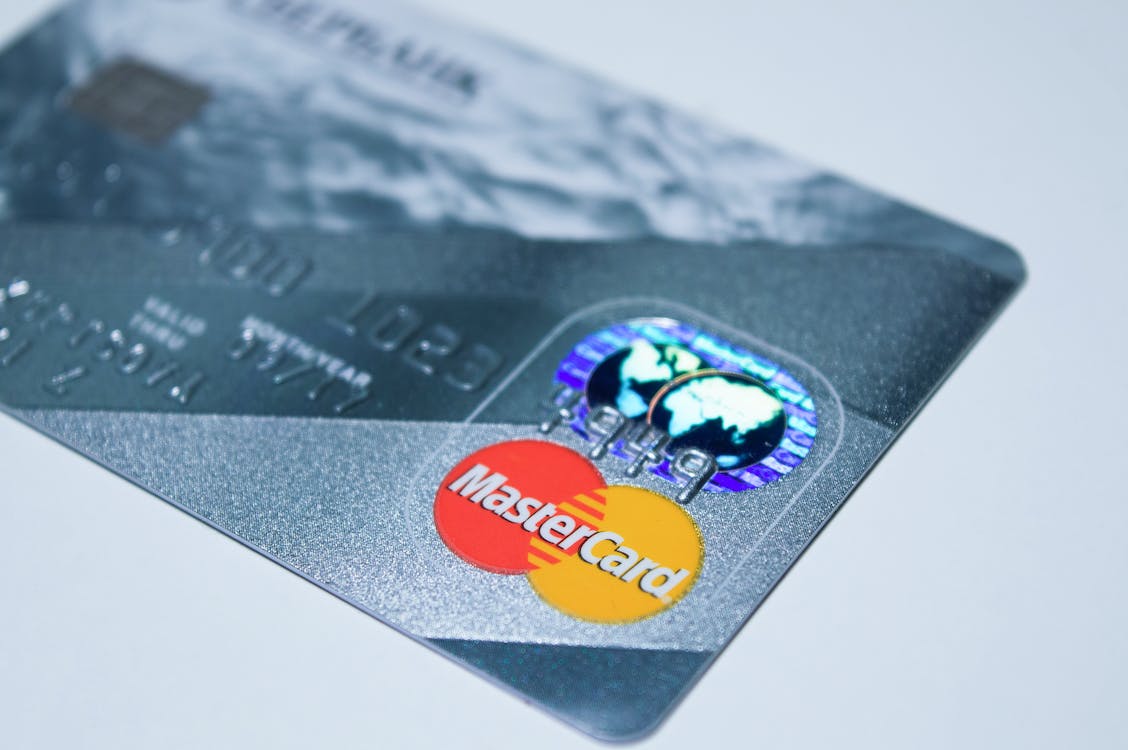Permissible Purpose
Permissible purpose is defined in the Fair Credit Reporting Act for those who request a consumer credit report. A company who wishes to view a credit report must have what is known as “permissible purpose”. This means, the company must have a clear and actionable reason to request a report. Permissible purposes are:

